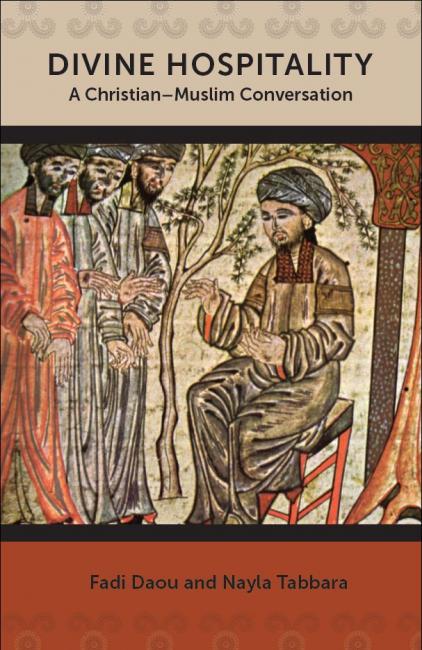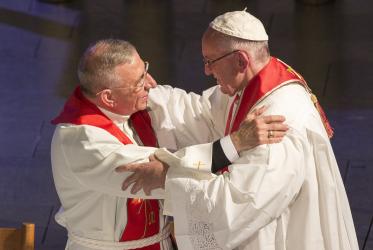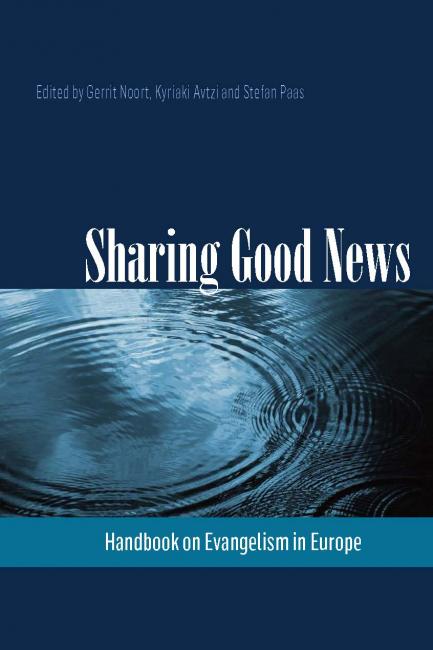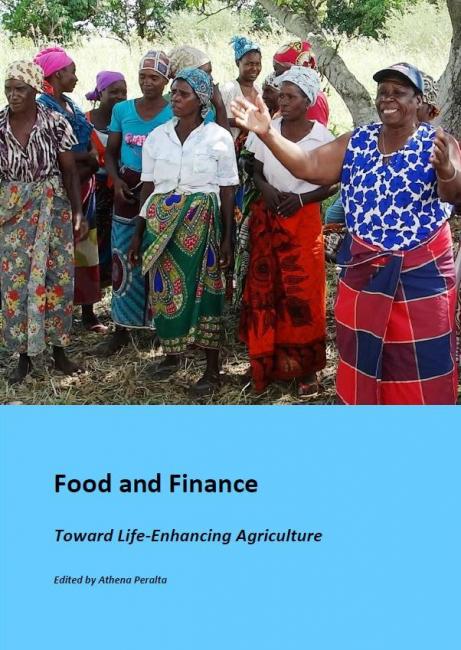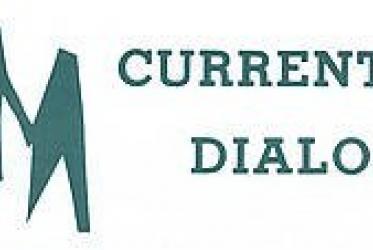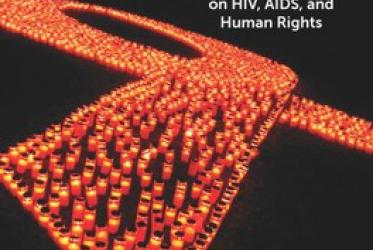Displaying 201 - 220 of 269
Missional formation for new contexts
15 June 2017
Christian and Muslim promote spiritual solidarity
14 June 2017
Growth in Agreement IV:
International Dialogue Texts and Agreed Statements, 2004–2014, Volumes 1 and 2
01 February 2017
The work of the Spirit and discipleship in Christian mission
12 January 2017
Jewish-Christian relations highlighted in latest Current Dialogue
29 November 2016
WCC general secretary offers greetings to Hindu partners
28 October 2016
WCC climate change group plans advocacy strategy
10 October 2016
WCC book featured in UN discussion on gender, religions and health
16 September 2016





